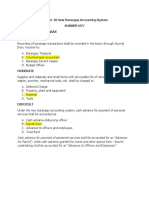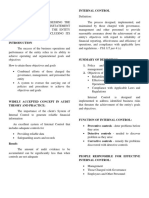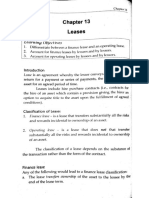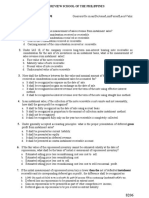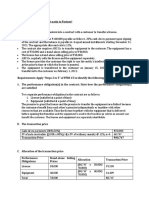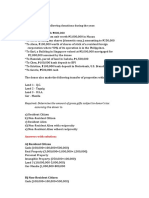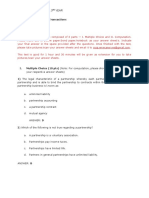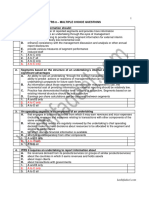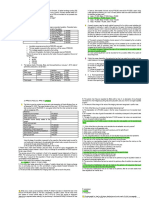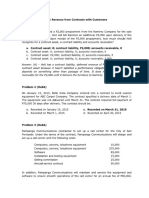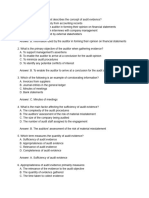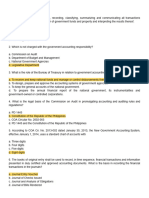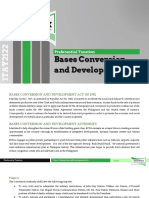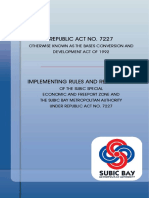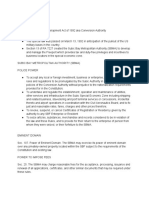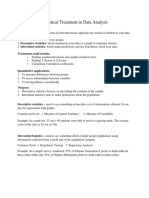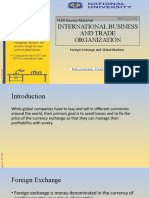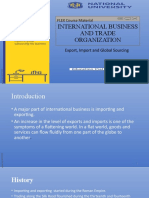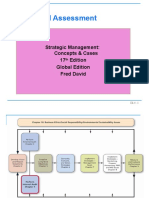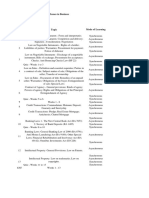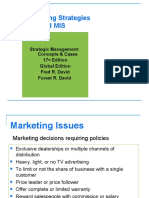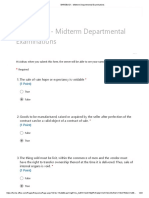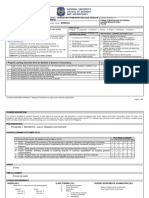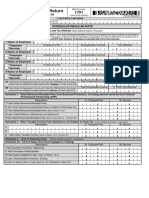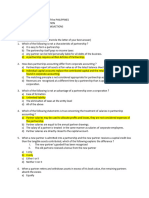0% found this document useful (0 votes)
1K views14 pagesModule 2 - Bases Conversion and Development Act
1. The Bases Conversion and Development Act of 1992 established economic and freeport zones on former US military bases to accelerate their conversion to productive civilian use and promote economic development.
2. It created the Bases Conversion and Development Authority to implement development plans for the zones, including the Subic Bay Freeport Zone under the Subic Bay Metropolitan Authority.
3. The zones offer fiscal incentives and allow foreign investment to encourage business activity and job creation in the converted military reservations.
Uploaded by
Im NayeonCopyright
© © All Rights Reserved
We take content rights seriously. If you suspect this is your content, claim it here.
Available Formats
Download as PDF, TXT or read online on Scribd
0% found this document useful (0 votes)
1K views14 pagesModule 2 - Bases Conversion and Development Act
1. The Bases Conversion and Development Act of 1992 established economic and freeport zones on former US military bases to accelerate their conversion to productive civilian use and promote economic development.
2. It created the Bases Conversion and Development Authority to implement development plans for the zones, including the Subic Bay Freeport Zone under the Subic Bay Metropolitan Authority.
3. The zones offer fiscal incentives and allow foreign investment to encourage business activity and job creation in the converted military reservations.
Uploaded by
Im NayeonCopyright
© © All Rights Reserved
We take content rights seriously. If you suspect this is your content, claim it here.
Available Formats
Download as PDF, TXT or read online on Scribd
/ 14














